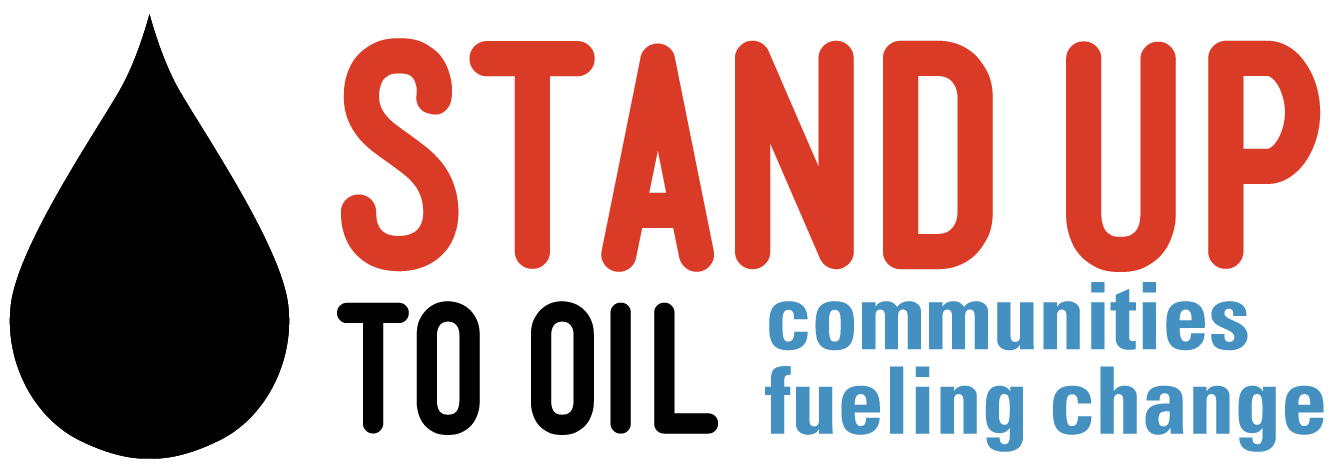Dr. Frank James
Family Physician and Public Health Officer, Bellingham, WA
A moving steel curtain of rail cars 1.5 miles long that delays traffic, including ambulance traffic, on either side for up to 15 minutes at a time is headed toward our community. Thousands of uncovered coal cars a day that vibrate loose hundreds of pounds of invisible coal dust containing mercury, sulfur, and cyanide along their path from Montana through Washington State passing through Spokane, Vancouver, Longview, Olympia, Tacoma, Seattle, Everett, Marysville, Mt Vernon and Bellingham. Up to 18 additional trains, a quantum leap from current rail traffic, running day and night, disturbing the sleep of adults and children. Huge trains pulled by four or more diesel engines that supply 400 “Cape Class” ships (the largest in the world) adding diesel particulate matter to the air that I, my growing children and my neighbor with chronic lung or heart disease breath. “Doctor, is any of this a concern for my health?” This scenario will become a reality, unless we stop it, as part of building the largest coal-shipping terminal in North America. The impact on health is a question that we as practicing community physicians will have to answer. It is not the usual sort of question we answer every day. In our practices we are usually answering questions about testing, exercise, diet, and medication risks and benefits. As physicians we feel that our opinion needs to be informed and reflect the best evidence. The prospect of a project of this magnitude alarmed a number of us from many different specialties and across a broad political spectrum. We researched the medical literature published in peer reviewed medical journals. We debated the data and asked skeptical questions. Over 190 Whatcom County Physicians have signed a position statement that raises health concerns and asks that a comprehensive Health Impact Assessment be required. We have drawn four conclusions. First, airborne small particulate pollutants from diesel exhaust have irrefutable links to cancer, heart disease and asthma. Second, that coal dust will be shed along the entire rail corridor contains a multitude of harmful chemicals. Third, significant delays at rail crossings will occur in an era were minutes are the difference between life and death. Fourth, increased noise pollution and in particular its effect on sleep disturbance which is linked to cardiovascular mortality and cognitive impairment in childhood development. We believe that children, the elderly, and those with chronic heart and lung conditions are particularly at risk from this project. A comprehensive Health Impact Statement is different and distinct from an environmental impact statement. The debate has been cast as jobs vs. the environment. Our concerns are separate and distinct from environmental concerns. This is a third and different issue. As physicians we feel it is our duty and obligation to assist our patients in making informed and reasoned health decisions. In this situation, our patients are the hundreds of thousands of people who live along the rail corridor. To make an informed decision a Comprehensive Health Assessment is not just prudent, but necessary.
Are you a healthcare provider concerned about coal export?
Are you a healthcare provider concerned about coal export?
Make your voice heard in Washington State
Make your voice heard in Oregon State
Statements from Health Professionals
- Spokane Regional Health District Board of Health
- Board of Health of Gallatin County, MT
- Missoula City-County Air Pollution Control Board
- Whatcom Docs (160 physicians in Whatcom County and more than 400 health care professionals in OR)
- Washington Academy of Family Physicians
- Washington Association of Naturopathic Physicians
- King County Academy of Family Physicians
- Skagit Board of Health

Frank James is a family physician and public health doctor in Bellingham since 1989. His work is at the Nooksack Indian Tribe and San Juan County, where he is the Health Officer at both. He has also been on the clinical faculty at UW School of Public Health since 1992.

